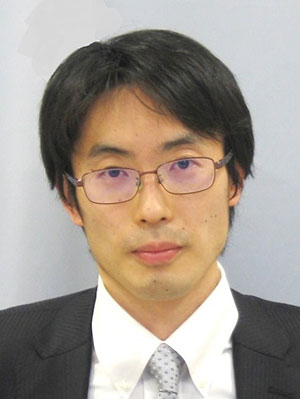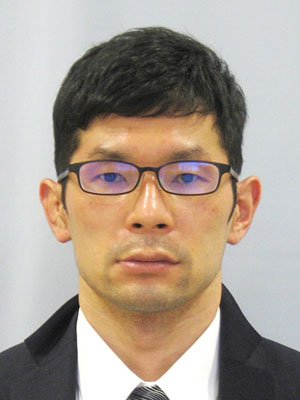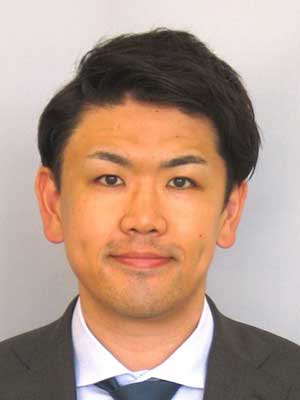Department of Upper Gastrointestinal Surgery
Medical services and specialties
In recent years, treatment outcomes of esophageal cancer have been improved by using surgical treatment, chemotherapy, and radiation therapy in combination. In our department, cooperating with the departments of Surgery, Gastrointestinal Oncology and Radiation Oncology, we provide optimal treatment according to the progress of patients’ disease. For esophageal cancer of stage II and Ⅲ, we work to improve their treatment outcomes by performing preoperative chemotherapy. In addition, we practice comprehensive treatment that takes the patient’s social background into consideration. Of early gastric cancers, mucosal cancer is treated by endoscopy with the Department of Gastroenterology, and other early gastric cancer is by laparoscopic surgery. Laparoscopic surgery responds to all types of surgical procedures including pylorus side gastrectomy, pyloric preservation gastrectomy, cardia side gastrectomy, and gastrectomy. By positively introducing laparoscopic surgery, we try to reduce the postoperative pain of patients, shorten the length of hospital stay, and return to society at an early stage. On the other hand, for highly advanced cancer, performing preoperative chemotherapy in cooperation with the Department of Gastroenterology (Gastrointestinal Oncology), and we strive to reduce the tumor and downstage, improving treatment outcomes. We aim to perform safe and reliable surgery according to the patient’s age and condition, and to reduce postoperative complications through detailed postoperative management.
Target diseases
Including esophageal cancer, esophageal submucosal tumor, gastric cancer, gastric cancer with remnant stomach, gastric submucosal tumor, any tumor that occurs in the upper gastrointestinal tract (esophagus, stomach) is targeted.
Physicians in charge
Professor
Shinichi Sakuramoto
- Specialty area
- Gastric and esophageal surgery, laparoscopic surgery
- Credentials
- Board Certified Surgeon / Instructor of Japan Surgical Society, Board Certified Member / Instructor of the Japanese Society of Gastroenterological Surgery, Board Certified Physician of Gastroenterological Cancer Treatment, Board Certified Member / Instructor of the Japan Gastroenterological Endoscopy, Board Certified member / Instructor of The Japanese Society of Gastroenterology, Qualified Surgeon of Japan Society for Endoscopic Surgery, Board Certified Esophageal Physician / Esophageal Surgeon of the Japan Esophageal Society, Tentative Instructor of Clinical Oncology, Board Certified Physician of Gastroenterological Cancer Surgical Treatment
Professor
Hiroshi Sato
- Specialty area
- Gastric and esophageal surgery, surgical metabolism and nutrition, laparoscopic surgery
- Credentials
- Board Certified Surgeon / Instructor of Japan Surgical Society, Board Certified Member / Instructor of the Japanese Society of Gastroenterological Surgery, Board Certified Physician of Gastroenterological Cancer Treatment, Board Certified Gastrointestinal Physician / Tentative Member / Tentative Instructor of Japanese Gastroenterological Association, Board Certified Member of The Japanese Society of Gastroenterology, Board Certified Esophageal Physician / Esophageal Surgeon of the Japan Esophageal Society, Board Certified Broncho-esophagologist, Tentative Instructor of Clinical Oncology / General Clinical Oncologist (by JBCT), Board Certified Physician of Thoracic Surgery, Board Certified Physician of Parenteral & Enteral Nutrition, Board Certified Physician of Breast Cancer
Associate Professor
Yutaka Miyawaki
- Specialty area
- Esophageal surgery, laparoscopic surgery
- Credentials
- Board Certified Surgeon of Japan Surgical Society, Board Certified Member of the Japanese Society of Gastroenterological Surgery, Board Certified Physician of Gastroenterological Cancer Treatment, Board Certified Esophageal Physician of the Japan Esophageal Society, Board Certified Broncho-esophagologist
Instructor
Lee Seigi
Instructor
Gen Ebara
Instructor
Testuro Toriumi
Instructor
Kazuya Takabatake
Instructor







